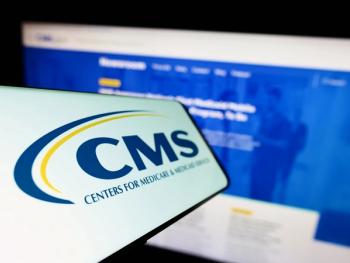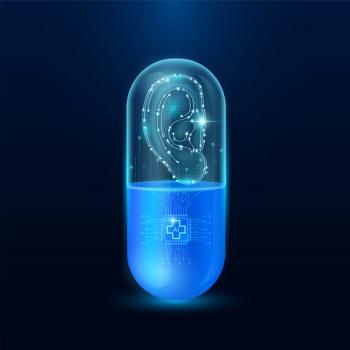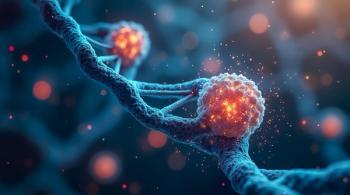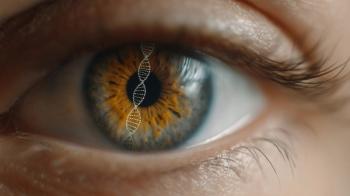
Solid Biosciences Reports Positive Data from DMD Gene Therapy Trial
Solid Biosciences’ gene therapy uses a shortened version of the dystrophin protein, which is engineered to mimic the key functions of full-length dystrophin and allows it be delivered more effectively to muscle cells.
Solid Biosciences has
The study involved three young boys — two who were 5 years old and one who was 7 — who received the treatment and were monitored for three months. Researchers found that their bodies began producing microdystrophin, a shortened version of the dystrophin protein that DMD patients lack. This protein is essential for keeping muscles strong and functioning properly. In addition to signs of muscle stabilization, the trial also showed early indications of potential benefits for heart health, a key factor because DMD often leads to heart complications.
The condition is caused by mutations in the DMD gene, which prevents the body from making dystrophin. Without this protein, muscles gradually weaken and break down over time. The disease almost exclusively affects boys because the gene responsible for dystrophin is located on the X chromosome.
Symptoms typically appear in early childhood, first affecting mobility, with most children losing the ability to walk by their early teens. As the disease progresses, it impacts the heart and lungs, leading to life-threatening complications. No cure exists for DMD, and most people with the condition do not live beyond their 30s.
In Europe and North America, the prevalence of DMD is approximately 6 per 100,000 people, according to the
Microdystrophin, the engineered protein used in Solid’s gene therapy, is designed to mimic the key functions of full-length dystrophin, helping to slow the progression of muscle damage. Because the full dystrophin gene is too large to fit inside the viral vectors used for gene therapy, scientists developed this smaller version to deliver it more effectively to muscle cells.
Currently, Sarepta Therapeutics’ Elevidys (delandistrogene moxeparvovec-rokl) is the only FDA-approved gene therapy for DMD, receiving initial accelerated approval in June 2023. Elevidys is designed to deliver a gene that leads to the production of microdystrophin, aiming to slow the progression of the disease. In clinical trials, Elevidys-treated patients showed sustained microdystrophin expression up to 64 weeks post-treatment, with associated improvements in motor function.
However, a large placebo-controlled trial of Elevidys
Solid Biosciences’ gene therapy was well-tolerated by the clinical trial participants, with no serious safety concerns reported. Adverse events included nausea, vomiting, fever and transient declines in platelets in some participants. No serious adverse events (or suspected unexpected serious adverse reactions (SUSARs) were observed.
Solid Biosciences’ officials said in a news release the company plans to expand the trial to include more participants and meet with the FDA later this year to discuss possible accelerated approval.
Newsletter
Get the latest industry news, event updates, and more from Managed healthcare Executive.























